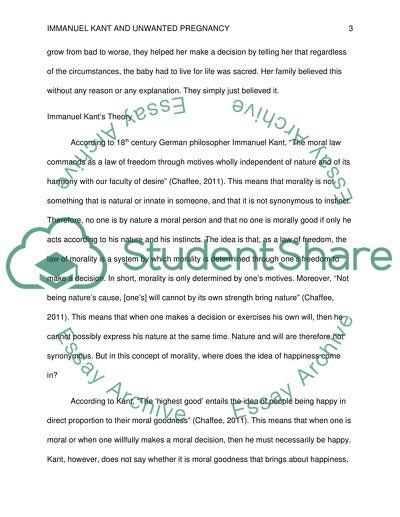Cite this document
(“Decision-making and Philosophy Part I: Philosophy and the Self Essay”, n.d.)
Retrieved from https://studentshare.org/philosophy/1466961-decision-making-and-philosophy-part-i-philosophy
Retrieved from https://studentshare.org/philosophy/1466961-decision-making-and-philosophy-part-i-philosophy
(Decision-Making and Philosophy Part I: Philosophy and the Self Essay)
https://studentshare.org/philosophy/1466961-decision-making-and-philosophy-part-i-philosophy.
https://studentshare.org/philosophy/1466961-decision-making-and-philosophy-part-i-philosophy.
“Decision-Making and Philosophy Part I: Philosophy and the Self Essay”, n.d. https://studentshare.org/philosophy/1466961-decision-making-and-philosophy-part-i-philosophy.


